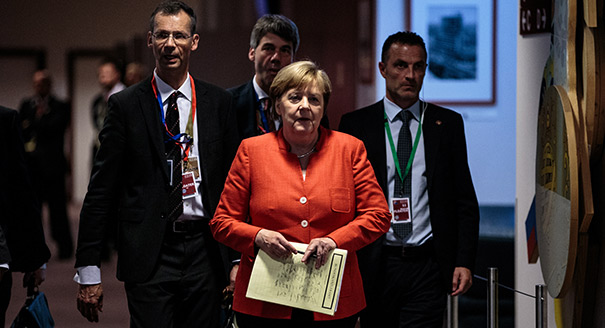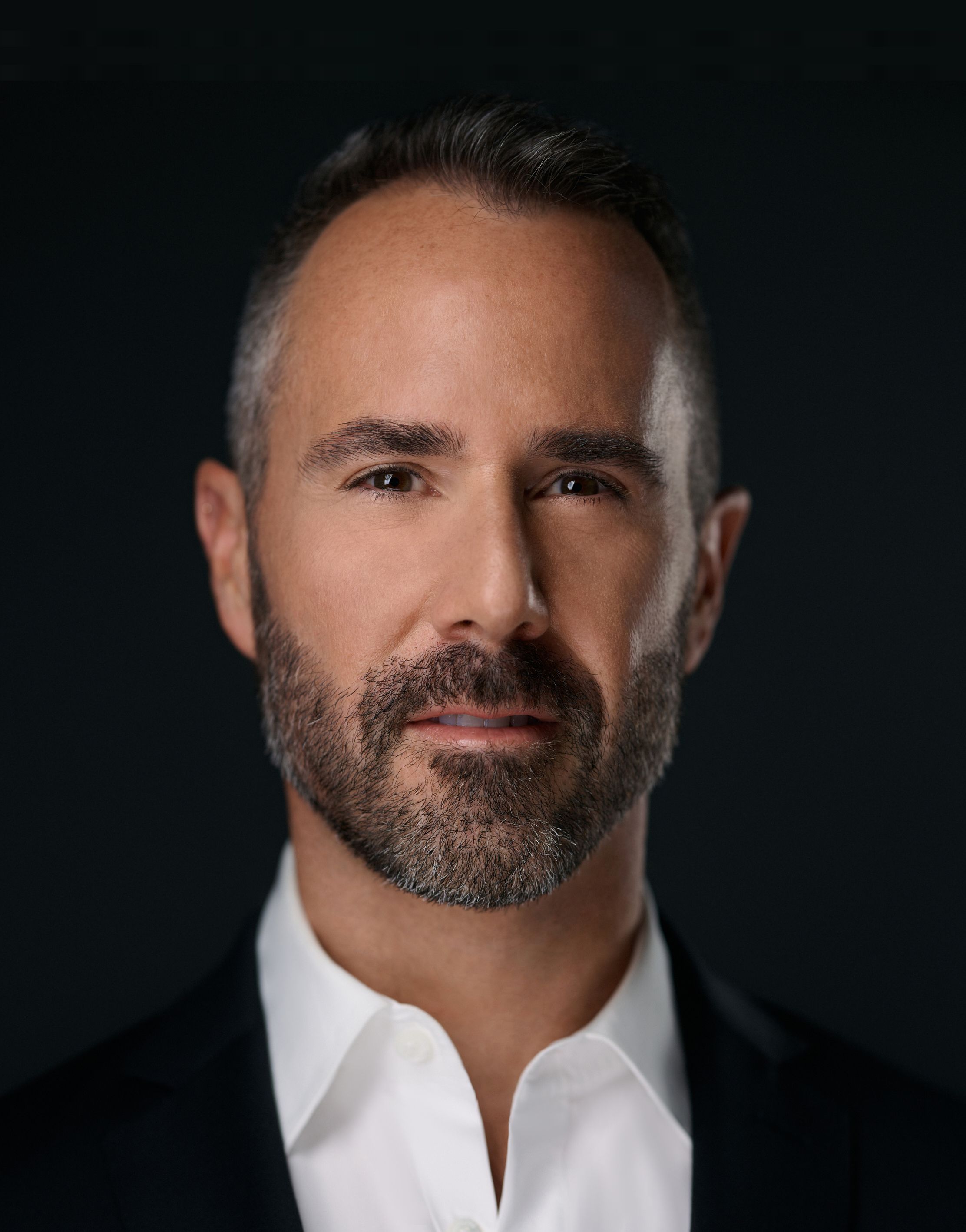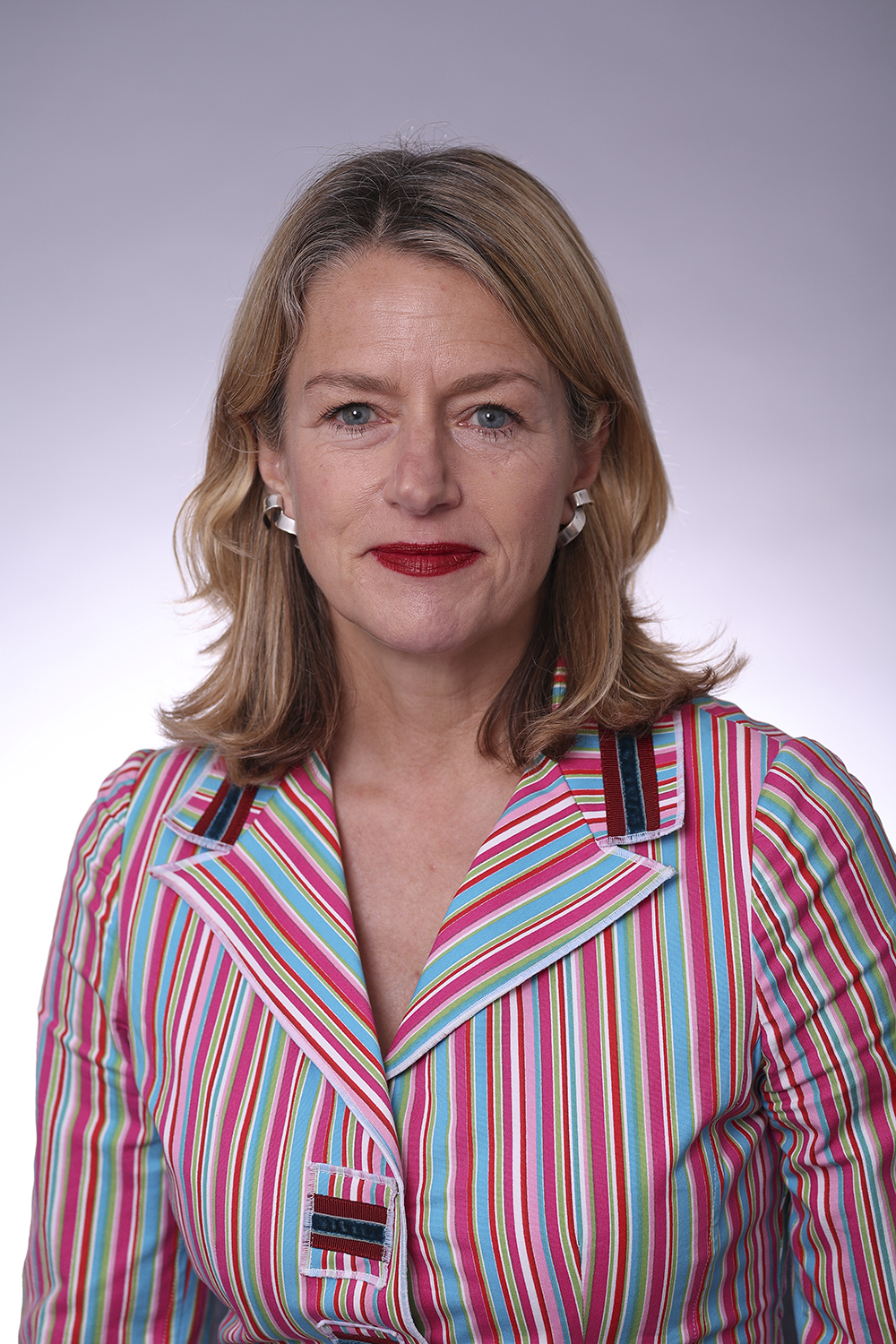- +11
Cornelius Adebahr, Dan Baer, Rosa Balfour, …
{
"authors": [
"Erik Brattberg"
],
"type": "legacyinthemedia",
"centerAffiliationAll": "dc",
"centers": [
"Carnegie Endowment for International Peace"
],
"collections": [],
"englishNewsletterAll": "",
"nonEnglishNewsletterAll": "",
"primaryCenter": "Carnegie Endowment for International Peace",
"programAffiliation": "EP",
"programs": [
"Europe"
],
"projects": [],
"regions": [
"Western Europe",
"Germany",
"Iran"
],
"topics": [
"Political Reform",
"Foreign Policy"
]
}
Source: Getty
Migration Deal Pressures Merkel’s Coalition and EU Power Balance
EU leaders agreed on proposals for its ongoing migration challenges, which will restore a degree of stability to Berlin and give Merkel breathing room.
Source: Axios
EU leaders agreed last week on proposals for its ongoing migration challenges, including questions around migrant processing centers both on the continent and in North Africa and policies for moving migrants among EU countries. On top of this, German Chancellor Angela Merkel also managed to stitch together a number of bilateral agreements with individual EU countries on returning migrants in exchange for assistance.
Why it matters: While not a comprehensive solution, the agreements will restore a degree of stability to Berlin and give Merkel breathing room. Yet they prompted pushback, including a resignation threat from Interior Minister Horst Seehofer that was later revoked.
Seehofer's Christian Social Union is a coalition partner of Merkel's Christian Democratic Union likely concluded that had had overplayed his hand this time. While German views on immigration have hardened somewhat since the 2015-2016 European migrant crisis, Merkel remains a popular leader with an approval rating around 50%. CSU, which only received some 7% of the votes in the 2017 elections, would ultimately have little influence over German politics if it were to abandon the ruling coalition with its “sister party,” Merkel's CDU.
The bottom line: Merkel is a shrewd political operator. Having been chancellor for 13 years, she clearly knows how to navigate complex political crises both at home and at the European level with patience and endurance. At the end of the day, Germans value stability and there is currently no credible alternative to Merkel and a CDU–led German grand coalition. Until this changes, we should expect a high degree continuity — and perhaps even a stronger Merkel in the near term though the relationship between CDU and CSU will also be more fraught going forward.
What's next: A Central European grouping led by countries such as Hungary, Poland and the new government in Austria is growing stronger in the EU and becoming more influential in Bavaria, where CSU has its roots. President Trump has influenced these developments as well, by emboldening and encouraging European leaders on the right to challenge the political status quo in Europe.
About the Author

Former Director, Europe Program, Fellow
Erik Brattberg was director of the Europe Program and a fellow at the Carnegie Endowment for International Peace in Washington. He is an expert on European politics and security and transatlantic relations.
- How the Transatlantic Relationship Has Evolved, One Year Into the Biden AdministrationCommentary
- China’s Influence in Southeastern, Central, and Eastern Europe: Vulnerabilities and Resilience in Four CountriesPaper
- +1
Erik Brattberg, Philippe Le Corre, Paul Stronski, …
Recent Work
Carnegie does not take institutional positions on public policy issues; the views represented herein are those of the author(s) and do not necessarily reflect the views of Carnegie, its staff, or its trustees.
More Work from Carnegie Endowment for International Peace
- How Far Can Russian Arms Help Iran?Commentary
Arms supplies from Russia to Iran will not only continue, but could grow significantly if Russia gets the opportunity.
Nikita Smagin
- Is a Conflict-Ending Solution Even Possible in Ukraine?Commentary
On the fourth anniversary of Russia’s full-scale invasion, Carnegie experts discuss the war’s impacts and what might come next.
- +1
Eric Ciaramella, Aaron David Miller, Alexandra Prokopenko, …
- The Kremlin Is Destroying Its Own System of Coerced VotingCommentary
The use of technology to mobilize Russians to vote—a system tied to the relative material well-being of the electorate, its high dependence on the state, and a far-reaching system of digital control—is breaking down.
Andrey Pertsev
- Indian Americans Still Lean Left. Just Not as Reliably.Commentary
New data from the 2026 Indian American Attitudes Survey show that Democratic support has not fully rebounded from 2020.
- +1
Sumitra Badrinathan, Devesh Kapur, Andy Robaina, …
- Taking the Pulse: Can European Defense Survive the Death of FCAS?Commentary
France and Germany’s failure to agree on the Future Combat Air System (FCAS) raises questions about European defense. Amid industrial rivalries and competing strategic cultures, what does the future of European military industrial projects look like?
Rym Momtaz, ed.
















